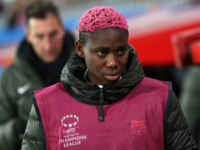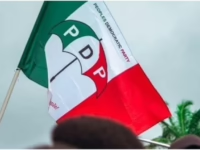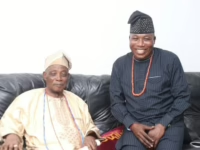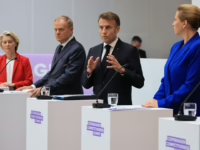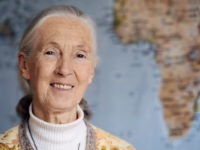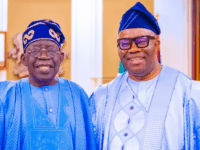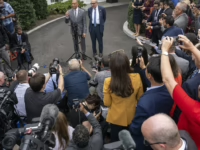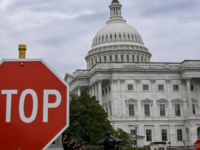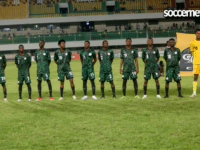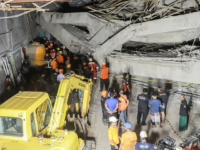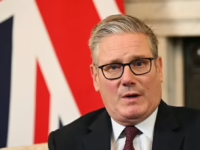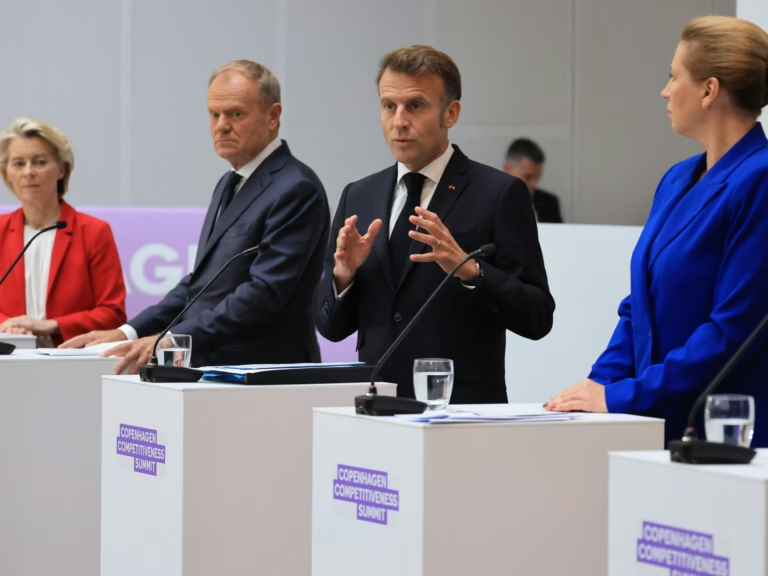Danish Prime Minister Mette Frederiksen has emphasized the urgent need for Europe to strengthen its defenses against Russia’s evolving hybrid warfare tactics.
“It’s clear now that hybrid warfare is ongoing-today it might target Poland, tomorrow Denmark, and soon it could strike elsewhere with sabotage or drone incursions,” Frederiksen stated during a press briefing on Wednesday.
She convened a summit of European leaders focused on enhancing collective deterrence and defense strategies.
French President Emmanuel Macron, present at the summit, advised the European Union to approach its current standoff with Russia with prudence.
“We are navigating a period marked by complex confrontations and hybrid threats,” Macron remarked on the sidelines of the Copenhagen meeting. “Our response must be robust to deter aggression, yet measured to prevent escalation.”
Italian Prime Minister Giorgia Meloni echoed the call for a balanced approach, cautioning against hasty reactions.
“We must remain composed and avoid responding impulsively to provocations. Equipping ourselves adequately is essential, but calm deliberation is equally important,” Meloni commented.
Hybrid warfare combines traditional military tactics-such as armored vehicles and missile strikes-with unconventional methods like cyberattacks and disinformation campaigns.
Macron described Russia as “a persistently aggressive actor,” highlighting its history of election interference, the ongoing conflict in Ukraine, nuclear threats, and recent violations of European airspace.
The summit took place in Copenhagen following a series of drone-related incidents near Danish airports and military installations over the past week.
In preparation, Danish authorities installed an advanced radar system at Copenhagen Airport to monitor airspace. The airport had to shut down temporarily due to unidentified drone activity, causing significant disruption.
In support of Denmark, France, Germany, the Netherlands, Sweden, and the UK deployed aircraft, naval vessels, and air defense systems ahead of the discussions.
Although the perpetrators remain unidentified, Frederiksen pointedly stated, “Only one nation has demonstrated a willingness to threaten us-Russia. This demands a firm and decisive response.”
She called for increased military investment and innovation, particularly in drone technology.
“Europe faces its gravest security challenge since World War II. We must rearm, acquire new capabilities, and foster innovation to meet these threats,” Frederiksen urged.
Incursions into European Airspace
Europe has witnessed significant airspace breaches recently, though member states differ on the appropriate course of action.
Following drone intrusions attributed to Russia in NATO countries Poland and Romania, Macron declared last week that NATO’s response must escalate if Moscow continues provocations.
He did not dismiss the possibility of shooting down Russian military aircraft violating European skies.
“Following a strategy of deliberate ambiguity, I can confirm that no options are off the table,” Macron told Germany’s Frankfurter Allgemeine Zeitung.
Last month, Poland reported intercepting Russian drones amid Moscow’s intensified attacks on Ukraine, while Romania confirmed a drone breach during Russian strikes on nearby infrastructure.
Macron also accused an oil tanker off the French coast of serious misconduct, linking it to Russia’s covert fleet evading Western sanctions related to the Ukraine conflict.
This vessel was observed near Denmark last week and is suspected by European naval analysts to be connected to the drone activities over the Nordic region.
Since Russia’s invasion of Ukraine, European leaders and intelligence agencies have anticipated a potential Russian offensive elsewhere on the continent within three to five years, interpreting President Vladimir Putin’s actions as probing NATO’s resolve amid uncertainties about U.S. commitment under former President Donald Trump.
Nonetheless, some defense analysts question whether Russia’s military is adequately prepared for another extensive conflict.




